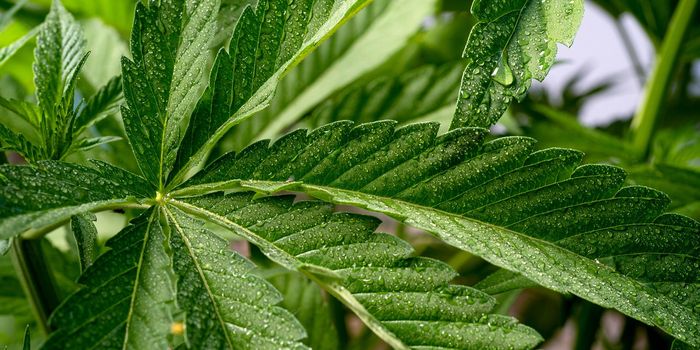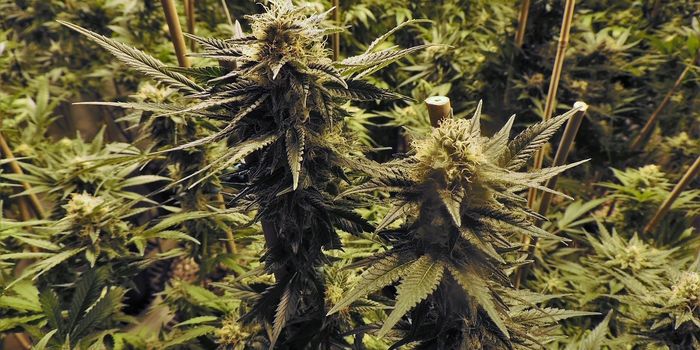Growing up high: new insights into how cannabis changes the adolescent brain
During adolescence, important cognitive functions develop. Adolescence is a highly sensitive period for brain development as it represents a time when regions of the frontal cortex in charge of higher-order cognition and regions deep in the brain responsible for emotional processing form connections with one another. Drug use, including cannabis, during adolescence can disrupt this circuit remodeling process.
On May 25th at the Canadian Neuroscience Meeting in Toronto, a group of neuroscientists presented the most recent findings on the effects of cannabis on the adolescent brain. Dr. Patricia Conrod, at Universite de Montreal, studied year-to-year changes in alcohol and cannabis use in a sample of students in the Greater Montreal region (a total of 3,826 7th grade students). Students were assessed for alcohol and cannabis use and given tests of their cognitive abilities annually for 4 years. Researchers found that substance use was linked to low cognitive functioning and that cannabis use, in particular, was associated with impairments in working memory, memory recall, and measures of self-control. This means that cannabis could have long-term effects on cognition, and that these effects are more pronounced than those resulting from alcohol use.
But how exactly does cannabis use change the brain and behavior? Dr. Steven Laviolette presented research on the effect of the primary psychoactive chemical in cannabis, delta-9-tetrahydrocannabidiol (or THC), on the adolescent brain, in rodents. Laviolette and his team found that THC in adolescence changes the prefrontal cortex (PFC), and in a circuit called the mesolimbic pathway, in a way that is similar to brain abnormalities observed in humans with schizophrenia. Importantly, this does not mean that cannabis use in adolescence leads to schizophrenia. But in addition to brain changes, researchers also revealed problems with social interactions, memory, and anxiety. These behavioral deficiencies could be reversed in early adulthood by administering drugs to restore normal PFC function.
In order to better understand the long-term effects of adolescent cannabis use on the brain, Dr. Jibran Khokhar, a neuroscientist at the University of Guelph, exposed adolescent rats to THC and then studied behavior in adulthood. The THC rats showed decreased lever pressing for rewards, which is thought of as characteristic of an "amotivation syndrome". Rats also showed an increase in Pavlovian or cue-reward learning (as measured by sign-tracking, or behavioral responding to reward-predictive cues). Brain connections were also altered in these animals. These results suggest that early THC exposure can produce long-lasting effects on behavior and brain circuits, even all the way into adulthood.
Taken together, these data expose possible ways to prevent and treat the long-term effects of adolescent cannabis use.
Source: EurekAlert!









